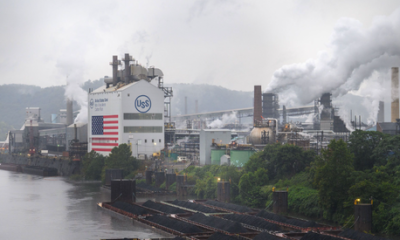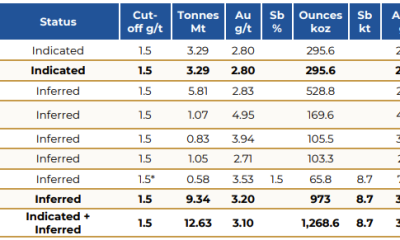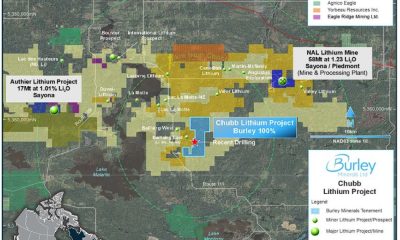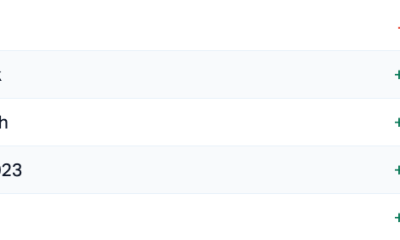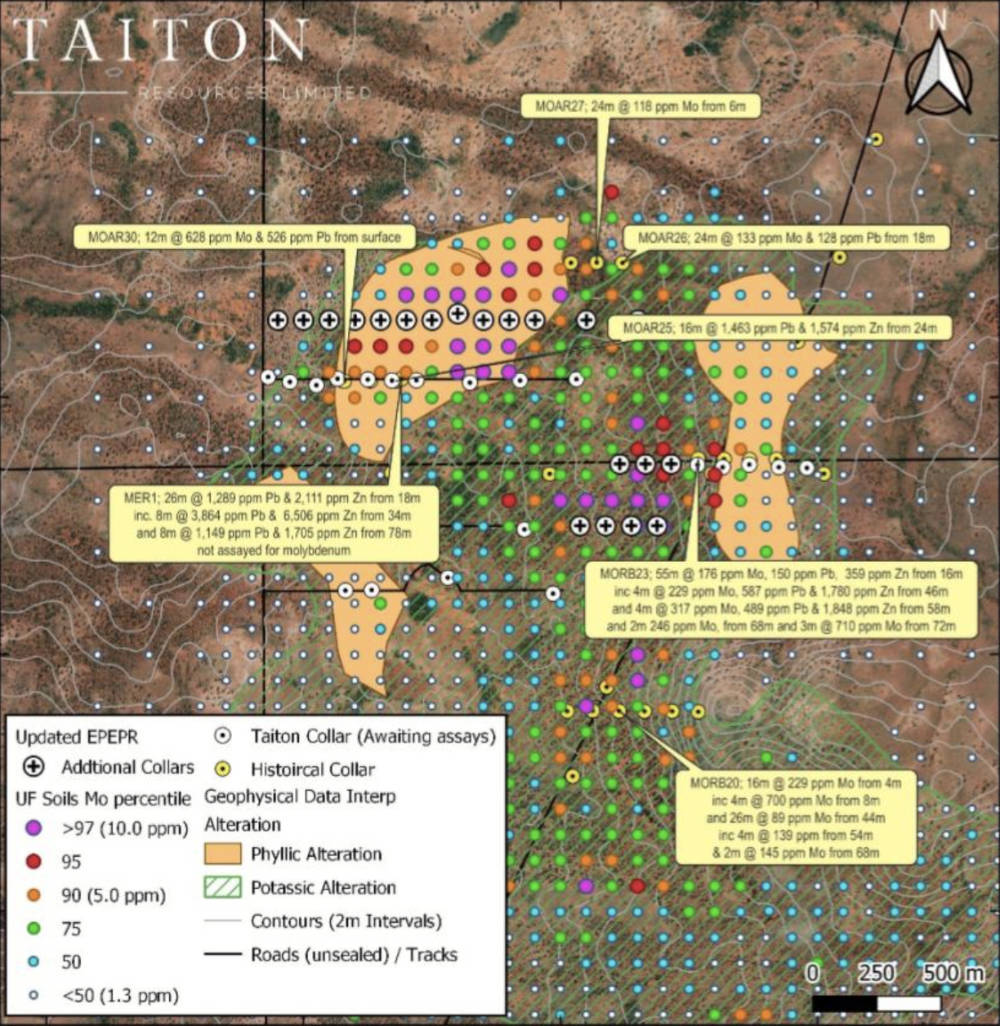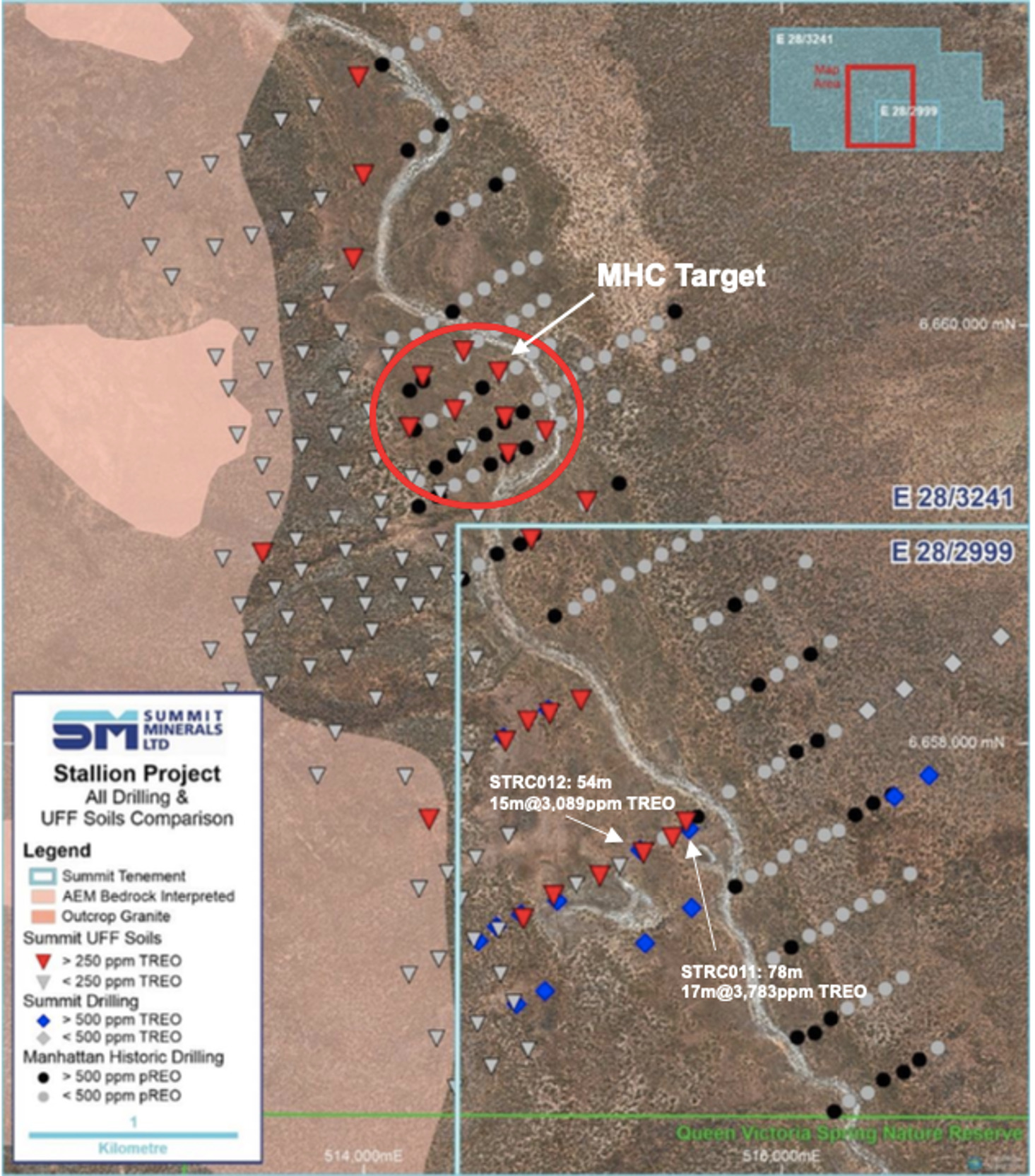Iron Ore
Vale produces commercial-quality iron ore pellets without coal
Vale has announced that for the first time it has managed to produce commercial-quality iron ore pellets on an industrial scale without using anthracite…
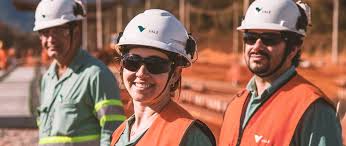
Vale has announced that for the first time it has managed to produce commercial-quality iron ore pellets on an industrial scale without using anthracite coal.
In a test carried out in a pellet plant in Vargem Grande, Minas Gerais, Vale replaced 100% of the fossil fuel with biocarbon to fire the pellets (small balls of iron ore used to make steel). Biocarbon is a renewable, zero-emission product obtained by carbonising biomass, it explained.
The announcement comes on the same day as National Climate Change Awareness Day in Brazil.
Anthracite coal accounts for around 50% of carbon dioxide emissions in pellet production, which is Vale’s most carbon-intensive process in terms of direct company emissions. Today, pelletising accounts for 30% of Vale’s total Scope 1 emissions.
The test began by replacing 50% of the coal with biocarbon, before gradually increasing up to 100%. In total, approximately 50,000 t of pellets were produced, of which 15,000 t were produced using 100% certified biocarbon.
According to Engineer, Rodrigo Boyer, who led the initiative, using biocarbon just in the Vargem Grande pellet plant will cut annual carbon dioxide emissions by roughly 350,000 t, equivalent to the annual emissions of approximately 75,400 small one-litre cars.
“More tests will be carried out in 2023, of longer duration, to thoroughly evaluate the process,” he explains. “Only after this stage will we be able to generate information for the development of the necessary engineering work aimed at the definitive implementation of this project.”
Vale’s Executive Manager for Decarbonisation projects, Rodrigo Araújo, says that the test is another major step in the company’s journey, and in line with its commitment to reach net zero Scope 1 and 2 carbon emissions by 2050.
“In the case of pelletising, the use of biocarbon is our main initiative, due to the fact that there is great potential for biomass production in Brazil,” he says.
Vale is investing between $4 billion and $6 billion to reduce its direct and indirect emissions by 33% by 2030, in accordance with the Paris Agreement, and with the aim of reaching net zero in 2050. Furthermore, by 2035, the company is committed to reducing its Scope 3 emissions, related to its value chain (ie suppliers and clients), by 15%.
Rodrigo Lauria, Vale’s Executive Manager for Climate Change, said: “The climate agenda is a priority for Vale. For example, since 2020 the company has adopted an internal carbon price of $50/t of CO2 equivalent when assessing capital allocation in new projects.”
To achieve these goals, the company has been investing in low-carbon technologies, such as the use of 72-t payload electric trucks, already in operation in Indonesia and Minas Gerais, and around 50 items of underground electric mining equipment in Canada.
When it comes to Vale’s advances in Scope 2 emissions, the startup of the Sol do Cerrado solar plant in Jaíba in Minas Gerais stands out. This is one of the biggest solar farms in Brazil, with the capacity to generate enough power to supply a city of around 30,000 residents.
In relation to Scope 3 emissions, Vale has already partnered with more than 30 steelmaking clients, representing around 50% of the company’s emissions. In 2021, the company also launched “green briquettes”, a product made up of iron ore and high-tech binders, allowing clients to cut their greenhouse gas emissions in steel production by up to 10%. Vale is converting two pellet plants in Vitória to produce these green briquettes. The initial production capacity is approximately 6 Mt/y. In all, $182 million will be invested in these two plants, which will start up by the end of this year.
Vale has also entered into agreements in Saudi Arabia, the UAE and Oman to create “mega hubs” to make hot briquetted iron (HBI) and high-quality steel products using green briquettes. The production of HBI using natural gas, as planned in the mega-hub project, will emit approximately 60% less carbon compared with traditional steel furnaces that use coke and coal. In the future, the replacement of natural gas with hydrogen and the use of renewable energy could eliminate CO2 emissions.
In shipping, Vale’s emissions are also deemed as Scope 3 considerations, as it does not have its own fleets. Tests are being carried out on ships equipped with rotor sails and air lubrication technology. The goal is to reduce emissions by up to 8% through low-carbon propulsion technology, using wind as energy.
The post Vale produces commercial-quality iron ore pellets without coal appeared first on International Mining.

3 Bargain Commodity Stocks to Ride the Wave of Global Energy Transition
The global focus on green energy does not mean that only renewable energy companies will benefit. There are several associated industries that are critical…
Taiton cleared to start second drill program over molybdenum anomaly at district scale Highway project, maiden assays ‘imminent’
Special Report: Taiton has the green light from South Australia’s Department of Mines and Energy to drill a significant molybdenum … Read More
The…
How big? Ultrafine soil sampling hints at the ‘size and scale’ of Summit’s Stallion rare earths project
Special Report: UltraFine+ soil analysis has confirmed more exploration upside to the north of Summit Minerals’ Stallion REE project in … Read More
The…

